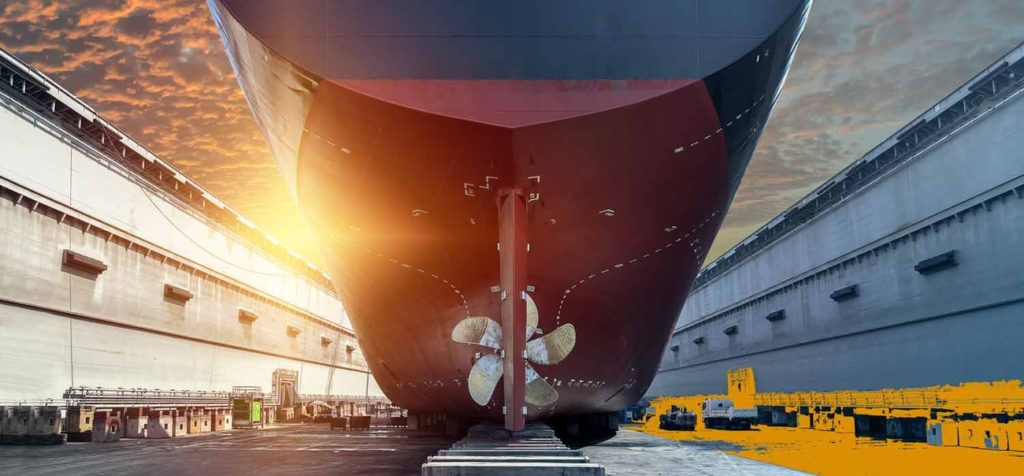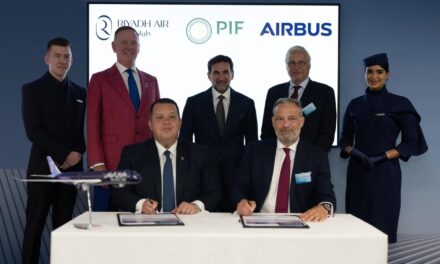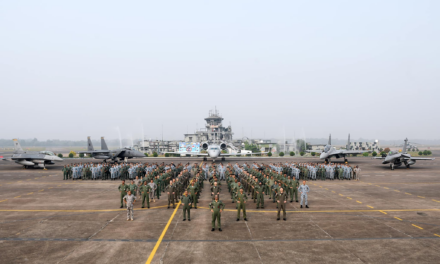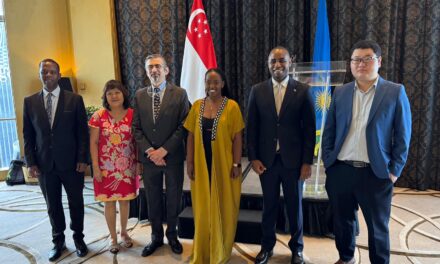
African Development Bank approves $23.04 million loan to Ghana’s Prime Meridian Docks for the construction of a cutting-edge floating dock ship repair facility, boosting regional integration and maritime sector transformation.
The Board of Directors of the African Development Bank has given the green light to a $23.04 million loan to Prime Meridian Docks AssetCo Ltd (PMD), a special purpose entity, to co-finance the construction of a state-of-the-art floating dock ship repair facility in Ghana’s Takoradi port. The loan will enable PMD to design, build, operate, and maintain the facility, which will support ship repair and maintenance operations in the Gulf of Guinea. This investment aligns with the bank’s efforts to promote regional integration, attract international trade, and boost economic activity.
According to Mike Salawou, the Director for Infrastructure, Cities, and Urban Development at the African Development Bank, “Vessel repair and maintenance is an underserved market on the continent. Investing in it will provide a more holistic approach to supporting maritime transport and its sustainability, which will accelerate regional integration and attract international trade and economic activity.” The bank’s financing will contribute to the overall project cost of $137 million.
PMD, a Ghanaian company founded and led by Mr. Stanley Raja Korshie Ahorlu, is the sponsor of this transformative project. Ahorlu expressed his gratitude, stating, “The African Development Bank’s approval and facility is a culmination of many years of dedication and commitment and an endorsement of PMD’s drive to transform Africa’s maritime sector.”
The facility will encompass various components, including a 200-meter jetty, dredging 300,000 cubic meters of rock in the port basin, and the installation of a 13,500-tonne lift capacity floating dock. Additionally, it will feature offices, a warehouse, mechanical workshops, and equipment maintenance facilities. These state-of-the-art amenities will enable the facility to provide comprehensive ship repair and maintenance services.
The project’s impact extends beyond its immediate objectives. It is expected to create over 400 permanent jobs, with 15% of them being allocated to women. This figure significantly surpasses the global average of 2% for female employment in the maritime sector. By generating employment opportunities and fostering gender equality, the project contributes to the bank’s commitment to bridging inequality gaps and promoting macroeconomic stability in Ghana.
Furthermore, the construction of the floating dock aligns with international best practices and Ghana’s Nationally Determined Contributions. The project aims to enhance the resilience of Ghana’s ocean economy and mitigate the potential increase in vessel flow’s carbon footprint. It will promote the use of renewable energy, energy efficiency measures, and slow vessel steaming, in line with the guidelines set by the International Maritime Organization. By embracing sustainable practices, the project reinforces Ghana’s commitment to the Paris Agreement.
The project also supports Ghana’s national ambition to become a hub for shipping and petroleum operations in West Africa. By improving maritime maintenance and repair services, the facility will reduce transport and logistic costs while increasing mobility and connectivity. This will ultimately enhance Ghana’s competitiveness in the region. Moreover, the project emphasizes skills transfer and capacity building, as the project operator will train staff through their Aberdeen training institute and establish a partnership with the Regional Maritime University in Tema, Ghana.
The African Development Bank’s investment in Ghana’s floating dock ship repair facility marks a significant step towards transforming the country’s maritime sector. By providing financial support, creating jobs, promoting sustainable practices, and fostering skills transfer, the bank contributes to Ghana’s economic growth and regional integration. The project not only aligns with the bank’s strategic objectives but also positions Ghana as a key player in the maritime industry, enhancing its competitiveness in West Africa.














